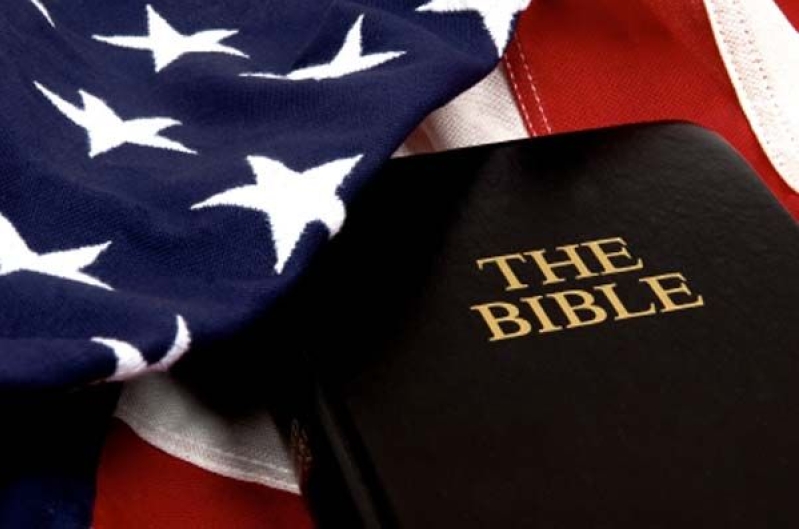
A new survey released by the Pew Research Center has revealed that the "Christian share of the U.S. population is declining," as there are 5 million fewer Christians across the United States than there were in 2007, and millions more who identify as atheist.
The study, titled "America's Changing Religious Landscape" and released on Tuesday , found that 7.8 percent fewer people describe themselves as Christians than when the survey was last conducted, seven years prior. However, the report acknowledges that Christianity still "dominates the landscape," with nearly 71 percent of Americans counting themselves as members of the religion.
The percentage of those who claim no religious affiliation have risen to nearly 23 percent, from 16 percent. The report explains that the rise in the "unaffiliated" is partially due to millennials, who were too young to be counted when Pew last did the survey in 2007. This generation forms the least religious in American history, with more than one-third, or 35 percent, saying they are religiously unaffiliated.
While the drop in Christian affiliation is particularly pronounced among young adults, it is occurring among Americans of all ages, the report claims.
"The same trends are seen among whites, blacks and Latinos; among both college graduates and adults with only a high school education; and among women as well as men," it notes.
The Catholic Church has seen the greatest decline of all religious groups surveyed: according to the report, there are 3.1 percent fewer Catholics now than in 2007. "Nearly one-third of American adults (31.7 percent) say they were raised Catholic," the report notes. "Among that group, fully 41 percent no longer identify with Catholicism. This means that 12.9 percent of American adults [more than 1 in 8] are former Catholics."
The study also found that there is now about the same percentage of Jews and Buddhists as in 2007, with small rise of people identifying as Muslim or Hindu.
Meanwhile, another 3.1 percent of Americans specifically say they are atheist, while 4 percent identify as agnostic.
Pew's results, the report notes, come from phone interviews with more than 35,000 Americans in 2014, and provide a comprehensive and accurate representation of the population, with a very low margin of error.
In another report in April, Pew predicted that Christians in the U.S. will decline to two-third of the population by 2025, while Muslims will come close to equaling the number of Christians on a global basis.
The projections offered that the unaffiliated should make up close to 26 percent of the American population by the middle of the century, making America one of the countries with the largest non-religious populations in the world
Despite Pew's findings, however, Christianity Today contributor Ed Stetzer encourages devout Christians to not get discouraged, explaining that the statistics about Christians in America "are simply starting to show a clearer picture of what American Christianity is becoming-less nominal, more defined, and more outside of the mainstream of American culture."
He writes, "For example, the cultural cost of calling yourself "Christian" is starting to outweigh the cultural benefit, so those who do not identify as a "Christian" according to their convictions are starting to identify as "nones" because it's more culturally savvy.
Because of this, the statistics show (on the surface) that Christianity in America is experiencing a sharp decline. However, that's the path of those who don't read beyond the surface. If there remains a relatively stable church-engaged, convictional minority, and there is a big movement on self-identification, that means that the middle is going away."
Stetzer concludes, "Christianity is, and will continue, to lose its home field advantage; no one can (or should) deny this. However, the numerical decline of self-identified American Christianity is more of a purifying bloodletting than it is an arrow to the heart of the church."






